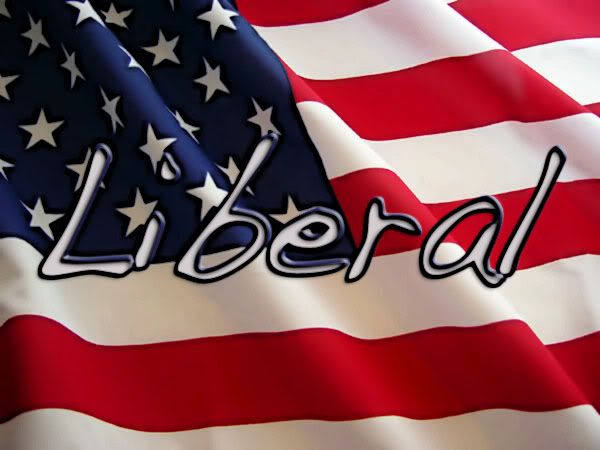 |
| Source:Sharon Kauffman- The very first episode of ABC News 20/20. |
"The premiere episode of ABC News' 20/20 was considered a network news disaster when it aired on June 6, 1978. After it aired the on air hosts were fired along with the Executive Producer Bob Shanks. ABC News' President Roone Arledge, who had transformed ABC Sports into the leader in broadcasting athletic events through innovation, tried his hand at doing the same to the news magazine. He distanced himself from the debacle. But he did manage to keep it on the air by bringing in a new manager, Al Ittelson, and an established anchor, Hugh Downs. This episode was hidden in ABC's vaults for decades with the master cassette labeled with bright yellow stickers "NOT TO BE BROADCAST".
In an effort to be innovative and entertaining it used a mix of claymation, live broadcasting and attempts at what appeared to be serious journalism, but invited scathing criticism. It may be the first time that rabbits have been known to squeal, or a sitting President appears to sing and more.
From ABC News- As the lead in to this video said ABC News, was a small player if not joke in the network news business in the 1970s. Th..."
From Sharon Kauffman
As the lead in to this video said ABC News, was a small player if not joke in the network news business in the 1970s. They basically remained that way until the Iran Hostage Crisis in 1979-80 that launched Nightline with Ted Koppel and their nightly newscast World News Tonight started drawing real ratings then, This Week With David Brinkley emerged in 1981, 20/20 became a hit when Barbara Walters and Hugh Downs, became the anchors of it. ABC Sports with their NFL coverage with Monday Night Football and their MLB coverage with Monday Night Baseball and their college football coverage and a handful of entertainment shows that they had especially in daytime, were really the only hits that the ABC network had. Back then America had two great broadcast networks in CBS and NBC, as far as entertainment, sports and news. With ABC giving you same type of programming, but without the hits and affiliates that the big two had in the 1970s. And being a distant third to CBS and NBC when it came to news, but entertainment as well.
I sort of look at ABC in the 1970s the way I look at Fox today, but with ABC putting a lot more emphasis on news. Fox still doesn't have much if any impact on network news other than their Sunday morning talk show. ABC was trying to be CBS and NBC at least as far as influence and in size, but until Roone Arledge took over ABC Sports in the 1970s and then later ABC News in the 1980s, they were a distant third. Rooney Arledge with Monday Night Football and then Monday Night Baseball and ABC Sports college football, 20/20 World News Tonight, Nightline, This Week With David Brinkley, is responsible for making ABC the powerhouse it is today. With the ability to compete with CBS and NBC, when it comes to entertainment, news and sports. And have the affiliates to be able to do that. Whatever you think of this version of 20/20 and I'll get to that later, this was the start of ABC becoming a force in network news.
It's a damn good thing that Barbara Walters and Hugh Downs, became the anchors of 20/20. Even for 1978 the layout of this first show with two no-name anchors and one of them not even being an American and the other making his living as a writer and not a broadcast journalist and the cheesy music (even for 1978) and covering stories like how greyhounds are treated, just showed you that ABC News wasn't quite ready for prime-time. CBS's 60 Minutes even though they had already been around for ten years at this point, looked so much better and more professional. It looked like a network news magazine show. And not some weekend morning show that mixes in soft stories with a few real news stories and interviews, to make the show look serious. But they were trying and got much better again when Hugh Downs and Barbara Walters, took over the show in 1979-80. And were together for twenty years and made 20/20 the hit that it still is today.





